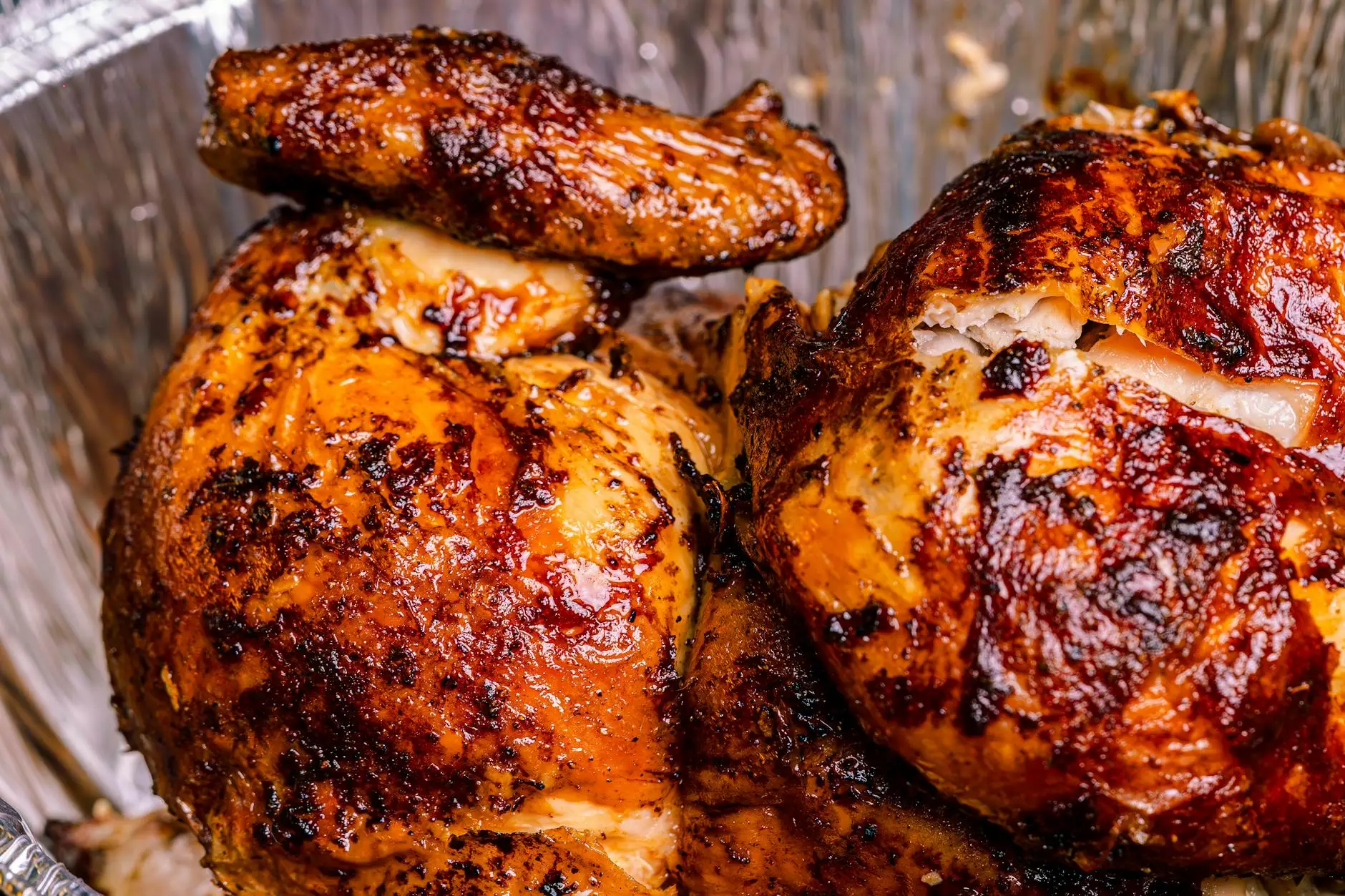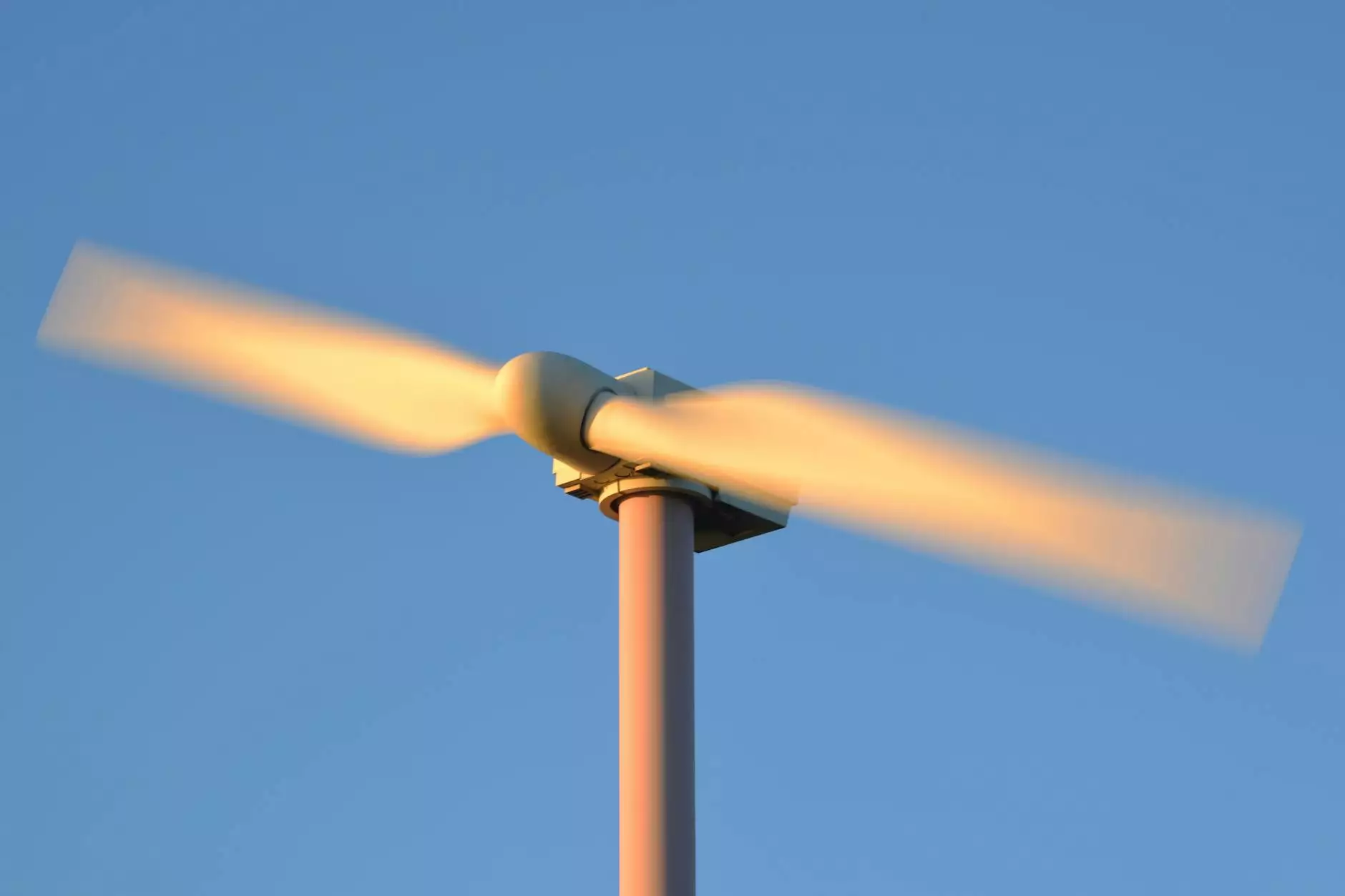The Rise of Frozen Chicken Producers in the Global Market

In recent years, the demand for high-quality frozen chicken has skyrocketed, driven by consumer preference for convenience, affordability, and health. This article delves into the frozen chicken producers leading the industry, with a specific focus on Brazilian poultry exporters and bulk chicken supply. We aim to provide comprehensive insights and key information to help you navigate this thriving market.
Understanding the Frozen Chicken Market
The frozen chicken market has become increasingly competitive, with numerous producers striving to meet the diverse needs of consumers. The rise in frozen chicken consumption can be attributed to several factors:
- Convenience: Frozen chicken allows for easy storage and meal preparation, making it a popular choice for busy households.
- Cost-Effectiveness: Bulk purchases of frozen chicken often result in significant savings for consumers.
- Variety: Frozen chicken offers a wide range of cuts and products, catering to various culinary preferences.
- Nutrition: Frozen chicken retains its nutritional value, making it a healthy protein source.
Brazilian Poultry Exporters: A Leading Force
When discussing frozen chicken producers, it's impossible to overlook the prominence of Brazilian poultry exporters. Brazil stands out as one of the largest producers and exporters of poultry globally, thanks to several key advantages:
1. Favorable Climate and Resources
Brazil's vast agricultural regions benefit from a favorable climate conducive to poultry farming. With abundant natural resources, Brazilian producers can maintain high production standards while ensuring ethical farming practices.
2. Advanced Technology and Practices
Brazilian poultry exporters employ cutting-edge technology in their farming and processing operations. This state-of-the-art technology helps improve operational efficiency, maximize yield, and ensure the quality of the frozen chicken products.
3. Commitment to Quality and Sustainability
Today's consumers are increasingly concerned about the origin of their food. Brazilian producers adhere to strict safety and quality standards, ensuring their products are not only safe but also sustainably sourced. They follow rigorous health guidelines, and many have been certified by international organizations.
The Process of Freezing Chicken: From Farm to Freezer
The journey of frozen chicken begins at the farm and ends in consumers' freezers. Here’s a detailed look at this process:
1. Breeding and Raising Chickens
Frozen chicken producers start with robust poultry breeds known for their growth rate and meat yield. These chickens are raised in controlled environments to ensure optimal health and minimal stress.
2. Processing
Once the chickens reach the appropriate weight, they are transported to processing facilities. Here, they undergo humane processing methods, which include stunning and slaughtering in adherence to ethical standards. Following this, chickens are cleaned, cut, and prepared for freezing.
3. Freezing and Packaging
The freezing process is crucial to preserving the quality of the meat. Producers employ blast freezing techniques that quickly lower the temperature of the chicken, locking in freshness and flavor. After freezing, products are carefully packaged to prevent freezer burn and contamination.
4. Distribution
Finally, the frozen chicken is distributed to various channels, including supermarkets, restaurants, and bulk buyers, ensuring a steady supply meets global demand.
Benefits of Buying Chicken in Bulk
Purchasing frozen chicken in bulk offers numerous advantages for consumers and businesses alike:
- Cost-Effective: Buying in larger volumes typically leads to significant savings, making it a financially savvy choice.
- Reduced Frequency of Shopping: Stocking up on frozen chicken minimizes trips to the grocery store, saving time and effort.
- Less Food Waste: When properly frozen, chicken has a long shelf life, reducing the likelihood of spoilage.
- Versatile Meal Options: With bulk chicken on hand, meal preparation becomes easier, allowing for more dietary creativity.
Challenges Facing Frozen Chicken Producers
While the industry is thriving, frozen chicken producers face several challenges that can impact their operations:
1. Climate Change
Changing weather patterns can disrupt farming operations and affect supply chains. Producers must adapt their practices to mitigate these effects and ensure sustainability.
2. Competition
The global market is saturated with numerous poultry producers, creating intense competition. Producers must differentiate their products through branding, quality assurance, and sustainable practices.
3. Regulatory Compliance
Producers face strict regulations regarding food safety and animal welfare. Keeping up with these regulations can be challenging and requires continued education and investment.
4. Market Fluctuations
Prices for chicken can vary based on global supply and demand, feed prices, and other economic factors. Producers need to remain flexible to adjust their strategy in response to market changes.
Conclusion: The Future of Frozen Chicken Producers
The frozen chicken industry is poised for growth as consumer demand for convenient and healthy protein sources continues to rise. Frozen chicken producers, particularly those in Brazil, are leading the charge with their commitment to quality, innovation, and sustainability.
As we look to the future, embracing advanced practices, maintaining high standards, and adapting to market changes will be essential for continued success. Whether you are a consumer seeking quality frozen chicken or a business interested in bulk purchasing, the opportunities within this industry are expansive.
Call to Action
If you are interested in exploring top-quality frozen chicken options, consider visiting frozenchickengroup.com. Discover how these frozen chicken producers can meet your needs with their wide range of products and commitment to quality.









